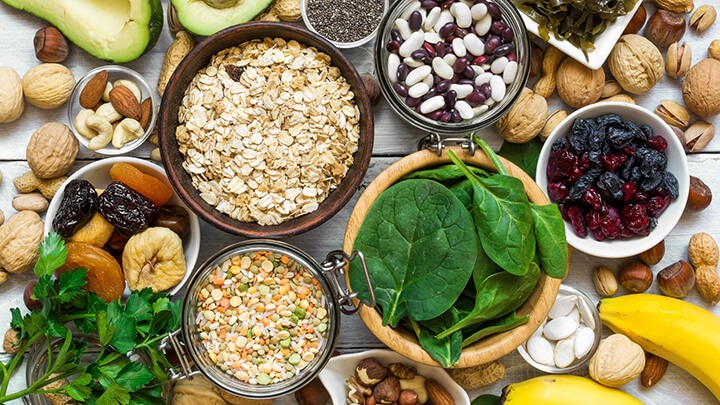Almost everyone remembers the term “three squares a day” in reference to one of the benefits of joining the military. The pitch was that was that if you joined up, you’d get a steady income, a place to sleep, and three square meals a day. Today, in the face of a massive obesity epidemic, I’d like to introduce you to a new approach…and a new term I just coined. The term is “two squares,” and it refers to the practice of eating only twice daily…otherwise known as intermittent fasting. As a society, we eat far too much…and far too often. The practice of intermittent fasting or eating only within certain hours of the day has been shown to have an impressive spectrum of health benefits and can easily be implemented as a sustainable long-term solution. Please read and enjoy this article…and then give “two squares” a try.
-Joshua Levitt
Is breakfast really the most important meal of the day? Advocates of intermittent fasting or two square eating would challenge that eating breakfast is unnecessary or even unhelpful for those looking to drop some extra weight and look and feel their best.
What the research says
Researchers from Canada who have studied the eating habits of about 12,000 adults have found that “breakfast consumption was not consistently associated with differences in [body mass index] or overweight prevalence.” Research also shows that people who practice intermittent fasting may have a significant reduction in fat around vital organs that can cause considerable health problems.
Other benefits of fasting include:
- An increase in levels of human growth hormone ( HGH). This hormone benefits muscle gain and fat loss.
- Drop in insulin levels and an improvement in insulin sensitivity.
- Better cellular repair leading to better cellular function.
- Changes in the function of genes relative to longevity and disease protection.
Our ancestors did it
Waiting until later in the day, even noon, to eat your first meal has many scientifically-backed benefits. Supporters of intermittent fasting (eating only two healthy meals a day) would suggest that skipping breakfast is natural and extremely healthy. After all, our ancestors hunted and gathered food all day long and ate at the end of the day. We are designed for this.
Skipping breakfast will cause you to burn stored fat
The longer you wait to eat the first meal of your day, the more likely you will be to burn stored fat. Remember, the body will only burn this stored fat in fasting mode (or during high-intensity exercise). In a 2015 issue of The FASEB Journal, scientists looked at six studies of obese people who skipped breakfast and ate two good meals a day (intermittent fasting) at least one day a week. They found that those who practiced intermittent fasting lost an average of 2.6 percent of their body weight after one month, 6.4 percent after three months, and 8.4 percent after six months. All had improved levels of cholesterol and insulin.
Skipping breakfast will help normalize blood sugar levels
If you are insulin sensitive (which many people are), your body is burning mostly carbohydrates and avoiding fats. This doesn’t do much good for your overall health or appearance. Chronic insulin resistance — or metabolic syndrome — happens when your body is in a constant state of insulin resistance and then you secrete even more insulin when you eat, which further complicates a healthy metabolism.
Types of intermittent fasting
There are a number of ways that you can practice intermittent fasting. The key is to find a way that works best for you. Here are the 3 most popular types of intermittent fast.
- 16:8: This is also known as the Leangains protocol, and it involves skipping breakfast and eating within an 8 hour period each day. This might mean having your first meal at 1pm and not eating again until 9pm. Many people find that two square meals and a couple of healthy snacks in this time period keep them satisfied. This method allows for 16 hours of fasting.
- Eat-Stop-Eat: This method involves 24 hours of fasting a couple of times each week. An example would be that you stop eating from dinner one day to dinner the next day.
- 5:2: With this method, you consume 500-600 calories on two non-consecutive days of the week and eat normally the other 5 days.
Most people find the 16:8 method to be the easiest and most sustainable intermittent fasting program to follow.
What you must do if you skip breakfast
If you make your first meal at noon and eat another time around 6 p.m., you must eat two well-balanced meals comprised of whole, preferably organic, foods and healthy fats like coconut oil and avocado oil. Skipping breakfast is in no way an excuse to load up on junk food. You can enjoy fresh coffee and tea. And of course, drink at least eight glasses of water daily.
Be patient and listen to your body
-The UpWellness Team








